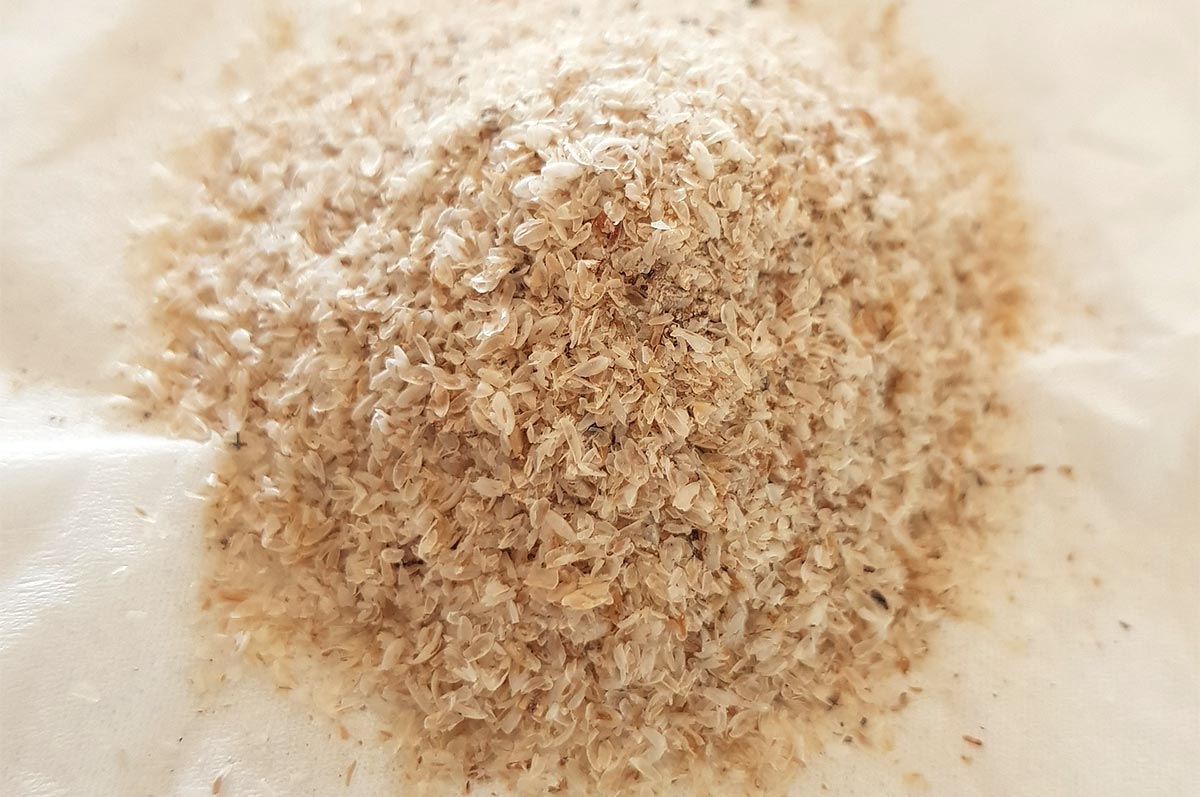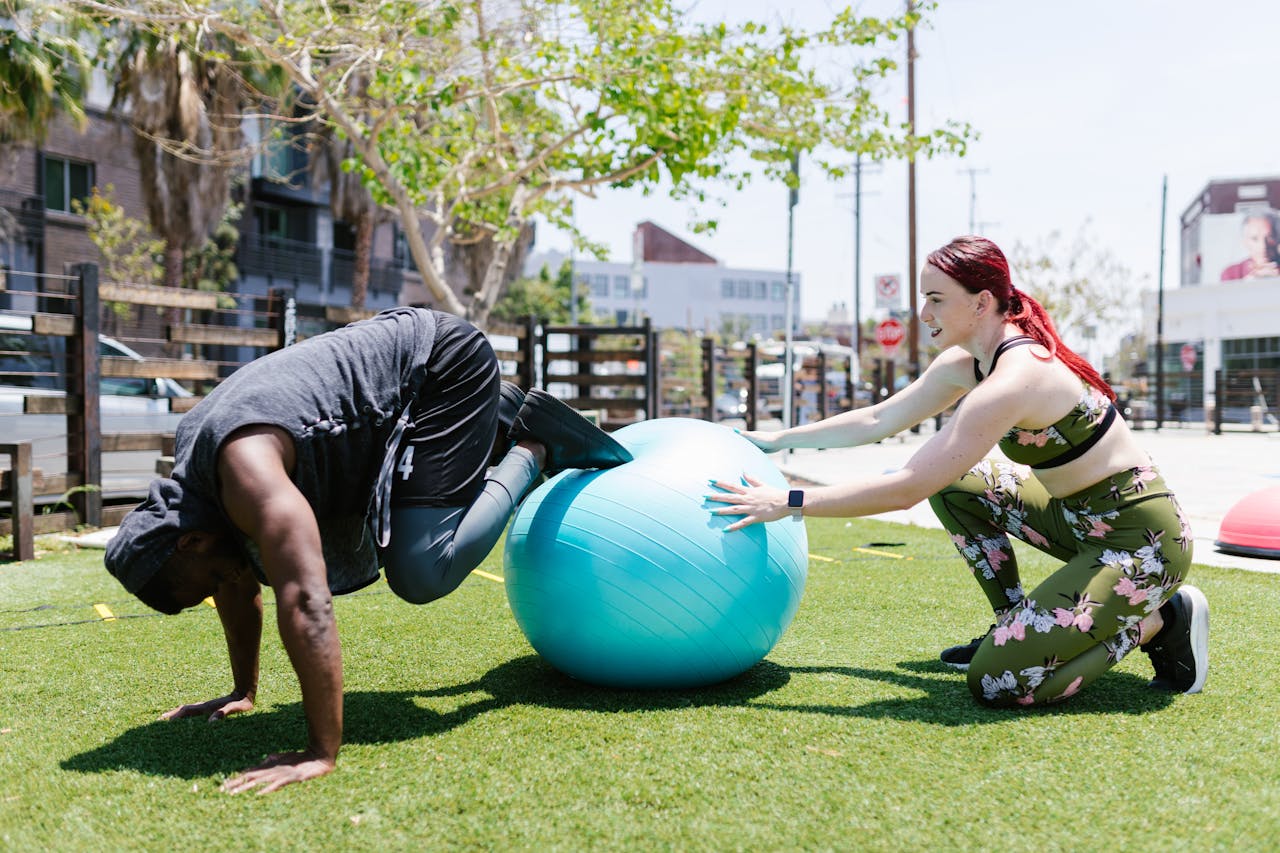Performance in a Cup: Why Coffee Matters More Than You Think
For most athletes, coffee is more than a pick-me-up – it's a pre-workout essential, a focus booster, and sometimes, a socially acceptable personality trait. But what you add to your cup can either amplify or sabotage its physiological effects. While caffeine itself enhances alertness, endurance, and perceived exertion during training, it’s the less discussed polyphenols in coffee that hold powerful anti-inflammatory and liver-protective benefits. That is, if you don’t ruin them with a splash of dairy.
Americans, Please Stop Putting Ice Cream in Your Coffee
In the US, coffee has been hijacked by the dessert industry. What used to be a functional black brew is now served in venti cups, drowning in whipped cream, sugar syrups, and dairy milk froth that looks like insulation foam. This trend not only neutralizes the metabolic benefits of coffee, it actively disrupts its antioxidant function. Why? Because cow's milk contains casein, a protein known to bind to polyphenols like chlorogenic acid, reducing their bioavailability and gut absorption. So while you're sipping on your caramel-cookie-cold-brew, your liver is quietly weeping.
British Moderation: Polite, Mild, and Still Milky
The British coffee culture may be less extreme, but it’s still dominated by milk. Whether it's a flat white or a milky tea, dairy sneaks into the equation. While the volumes are smaller and the sugar content less absurd than across the Atlantic, the biochemical principle remains: casein in milk binds to antioxidants and potentially dulls their impact. British restraint might save them from the calorie overload, but not necessarily from the polyphenol problem. Plus, let’s be honest: Brits still trust tea more than a French press.
The Continental Advantage: Espresso, Logic, and Liver Health
On the European continent, especially in places like Italy, France, or Germany, coffee is still often black, short, and functional. Espresso is consumed in moderation, typically without milk, and rarely with flavored syrup nonsense. And surprise: this style - black coffee / espresso supports both performance and liver health. Black coffee delivers its polyphenols unblocked, allowing athletes to reap the antioxidant and overall metabolic rewards. Ironically, Starbucks' global expansion is trying to replace this elegant simplicity with sugary liquid cake in a cup. Resist.
Soy Milk: The Smart Athlete's Choice
Not a fan of black coffee? That’s fine. But don’t reach for dairy. If you need something creamy, go with unsweetened soy milk. Unlike cow's milk, soy contains plant proteins that do not interfere with polyphenol absorption. Even better, soy brings its own liver-supportive isoflavones to the party. For athletes, this means you get the kick of caffeine, the shield of antioxidants, and none of the casein sabotage. Just read the label: vanilla-flavored sugar bombs don’t count as performance nutrition.
But Isn’t Milk “Natural”? So Is Snake Venom
Let’s address the moo in the room: many athletes still think cow’s milk is a “natural” addition to coffee. Sure, it comes from an animal, but so do cortisol spikes when you’re late for leg day. Just because something is natural doesn’t mean it’s ideal in every context.
Milk is rich in calcium and protein – great for muscle building, yes – but not when it's interfering with the very compounds in coffee that support your liver and reduce oxidative stress. You can get your protein elsewhere. Don’t sacrifice antioxidants just to make your coffee taste like melted ice cream.
Caffeine and Training: Boost or Bust?
Caffeine isn’t just about staying awake. It enhances reaction time, reduces fatigue, and improves endurance performance when dosed right. Around 3–6 mg per kg of bodyweight is effective. That means two to four espressos for the average athlete. But here’s the catch: overdoing it can lead to anxiety, digestive issues, and impaired better sleep – which destroys recovery. So yes, black coffee can be your friend in the gym – but only if you treat it like a supplement, not a milkshake.
Black Coffee or Soy, but Skip the Cow
Coffee can be a powerful tool in an athlete’s nutrition strategy – supporting focus, performance, liver health, and inflammation control. But those benefits depend on how you drink it. Black is best. Unsweetened soy is acceptable. Dairy, unfortunately, is biochemically counterproductive for what you’re trying to achieve. If your morning brew looks like dessert, your liver isn’t impressed. Be smarter than your cup. Your gut, muscles, and mitochondria will thank you.












